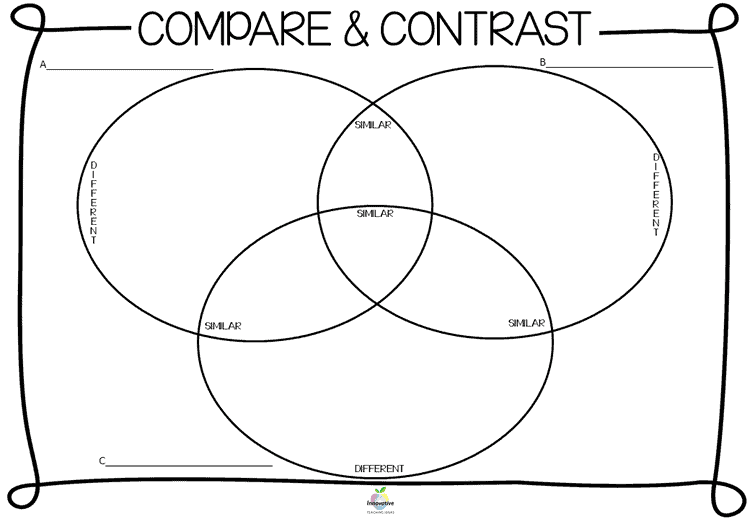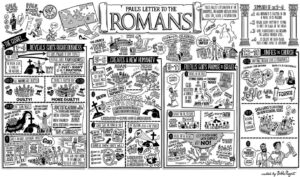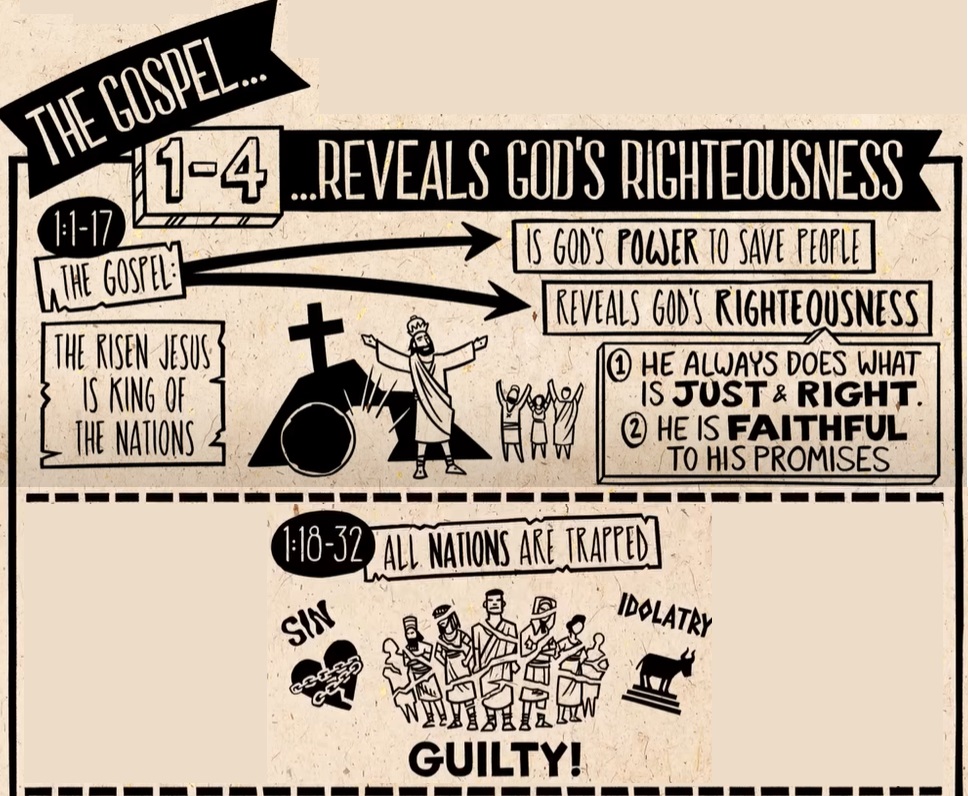The pattern champions resiliency patterns such as retry, and circuit breaker, performance efficiency patterns like the cache-aside pattern and optimizes for cost and security. It also shows you how to achieve a 99.9% business service level objective (SLO) with multi-region support.
Month: April 2024
The Serverless Illusion
Serverless reduces the need for (readily available) ops skills but increases the demand for (less readily available) distributed system design skills.
Considerations for AI Opt-Out
The Web already has a way for sites to opt-out of automated crawling: the robots.txt file. This makes perfect sense – which is why it will likely never happen.
Source: Considerations for AI Opt-Out
Why Do Bitcoin ATMs Exist?
Source: DSHR’s Blog: The Roach Motel Of Banking
What kind of customer needs to pay 22% plus $3 for “access to … financial services” which won’t let you cash out?
I’ve seen a Bitcoin ATM here in British Columbia and I’ve always wondered who uses it and why it’s even there. Now I think I know, and it’s a pretty dark reason.

The Last Straw
I love the privacy of the Brave browser but a couple of things made me decide to switch back to Firefox:
- More and more sites seem to be dropping support for Brave. That seems very odd because Brave is based on chromium and Google Chrome is one of the most popular browsers out there. This means that site developers are proactively detecting Brave and blocking its use. The reason is probably because Brave is one of the most effective browsers for blocking user tracking.
- Brave is based on Chromium which Google controls. Google is using its Chromium code to treat users like children, monopolize browser behavior, and break the web.
- Chromium’s approach to treating you like a child was the final straw for me. Turning off “safe browsing” prevents you from downloading anything. Ridiculous.
I still plan to use Brave Search since it’s the most private search engine and doesn’t censor its results.
DevOps, Platform Engineering, and Site Reliability Engineering

DevOps unites development and operations. DevOps is the practice of breaking up monolithic architecture and teams to create smaller, autonomous teams that can build, deliver, and run applications.
Platform Engineering (PE) focuses on abstracting out infrastructure or other things that distract DevOps teams from delivering their domain. PE is a fairly new buzzword/concept and is really just a subset of DevOps.
Site Reliability Engineering (SRE) focuses on helping DevOps and internal platform teams increase reliability, scalability and security.
DevOps vs SRE vs PE
- DevOps focuses on the development side.
- SRE focuses on the operations side.
- PE focuses on internal development enablement and is really a part of DevOps.
SRE and Platform Engineering benefit from the three ways of DevOps:
- Concentration on increasing flow
- Tight feedback loops
- Continuous experimentation, learning and improvement
Role comparisons:
- Infrastructure Engineer – Generic term for engineers who works on core infrastructure.
- Cloud Engineer – Engineers who works on public cloud (AWS, Azure, GCP, etc).
- SRE – Software engineers who focuses on application reliability, budgeting uptime, and toil automation. Three letter terms are their friends (SLO, SLA, SLI).
- DevOps Engineer – Infrastructure engineers who focuses on reducing silo between development teams and infrastructure teams. NOTE: If your team has dedicated DevOps Engineers, your org isn’t really practicing DevOps.
- Platform Engineer – Engineer who focuses on designing and building tools and workflows that enable self-service. An enabler of software engineering teams.
Recommended Reading: Decentralized Systems Aren’t
Source: DSHR’s Blog
Fascinating post explaining how decentralized systems frequently aren’t. The post raises several thought-provoking questions:
- What is a viable business model for participation that has decreasing returns to scale?
- How can Sybil attacks be prevented other than by imposing massive costs?
- How can collusion between supposedly independent nodes be prevented?
- What software development and deployment model prevents a monoculture emerging?
- Does federation provide the upsides of decentralization without the downsides?
I love that last question – it remains to be proven.
Bible Study: Romans 2

- Romans overview (video): Part 1, Part 2
- What is Romans?
- Romans contains letters from Paul to the churches of Rome.
- The church of Rome had existed for a long time and was made up of Jews and Gentiles. Emperor Claudius had banished the Jews from the church for 5 years. When the Jews returned there was a split between Gentiles and Jews in how they should follow Jesus and practice their faiths. Paul’s letters were an attempt to explain his faith and unite the Jews and the Gentiles into one faith worshiping Jesus. Paul hoped the Roman churches could become a staging ground to enable Paul to expand the church into Spain and beyond.
- Romans is structured as follows:
- Books 1-4: Revealing God’s Righteousness
- Books 5-8: Creating a New Humanity
- Books 9-11: Fulfilling God’s Promise to Israel
- Books 12-16: Unifying the Church
ROMANS 2
- Chapter 2 Summary:
- Do not judge others since you do the same things. God’s kindness intends to turn you from your sins.
- Everyone will be judged according to what they have done – those that live for themselves will be punished (Jews first, then Gentiles).
- Those Gentiles who sin but do not have God’s written law will still be punished. (2:12)
- Gentiles instinctive obey God’s law even though they have never heard it (2:14)
- Merely listening to the law is not enough – you must obey it as well. (2:13)
- Jesus will judge everyone’s secret life (2:16)
- Jews boast about a special relationship with God (2:17) yet continue to sin (2:21-2:27)
- Jews who don’t obey God’s law are not God’s chosen people. Gentiles who obey God’s law can be God’s chosen people. (2:25-2:26, 2:28-2:30). Note: This contradicts the belief of most Jews – this might be why Jews don’t read or study the New Testament.
Bible Study: Romans 1

Resources
- Romans overview (video): Part 1, Part 2
- Reading Guide
- Teaching Notes (PDF)
- Video
Notes
- What is it?
- Romans contains letters from Paul to the churches of Rome.
- The church of Rome had existed for a long time and was made up of Jews and Gentiles. Emporor Claudius had banished the Jews from the church for 5 years. When the Jews returned there was a split between Gentiles and Jews in how they should follow Jesus and practice their faiths. Paul’s letters were an attempt to explain his faith and unite the Jews and the Gentiles into one faith worshippng Jesus. Paul hoped the Roman churches could become a staging ground to enable Paul to expand the church into Spain and beyond.
- Romans is structured as follows:
- Books 1-4: Revealing God’s Righteousness
- Books 5-8: Creating a New Humanity
- Books 9-11: Fulfilling God’s Promise to Israel
- Books 12-16: Unifying the Church
- Chapter 1 Summary:
- Paul explains the Good News about Jesus and how he prays to visit others and share his faith.
- Paul explains in a letter his obligation to educate and be educated and that he is not ashamed of the Good News of Christ.
- Paul explains how people can see evidence of God through everything God has made. Because of this people have no excuse to not worship God.
- Unfortunately people traded the truth about God for following their own personal desires (1:25).
- People abandoned God so God abandoned them, enabling them to indulge in whatever they like. The people quickly fell into sin (including homosexuality). Their lives were filled with sin because of this.
- The people know that God’s justice requires those that do follow His laws are condemned. Despite this knowledge the people continued sinning and and encouraged others to sin also. They loved their sins more than they loved God.
- Shared Judeo-Christian Tradition: Paul, like other early Christians, drew upon the Hebrew Bible (Old Testament) and the developing oral traditions of early Christianity. Concepts like God’s wrath, human sinfulness, and the importance of righteousness were already present in this shared tradition.
- Focus and Emphasis: While core concepts might be present in earlier writings, Paul’s unique contribution might lie in his emphasis, application, and development of those ideas. In Romans 1, Paul seems to be:
- Systematically laying out his understanding of sin and salvation: Romans is considered Paul’s most systematic theological work.
- In Romans 1, Pauk establishes the universality of sin and the need for God’s intervention.
- Addressing a Gentile audience: Romans is likely directed at a church in Rome with both Jewish and Gentile members. Paul might be explaining concepts familiar to Jews in a way that resonates with Gentiles.
- Systematically laying out his understanding of sin and salvation: Romans is considered Paul’s most systematic theological work.
- Scholarly Opinions on Romans 1’s Novelty:
- Some scholars argue that Paul presents a more developed concept of God’s wrath in Romans 1 compared to earlier writings. Here, Paul emphasizes God’s righteous judgment against those who suppress the truth.
- Others argue that the core ideas in Romans 1 are found elsewhere, but Paul’s way of weaving them together and building his theological case is what makes it unique.